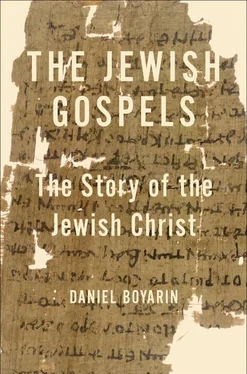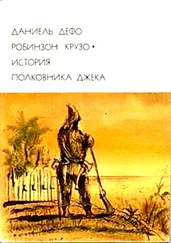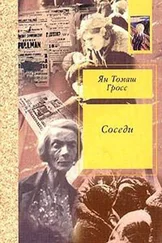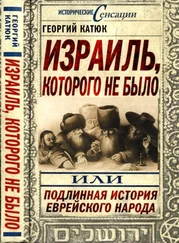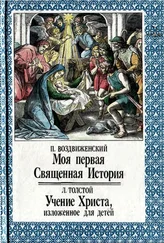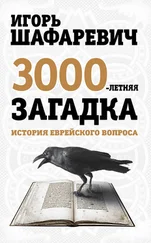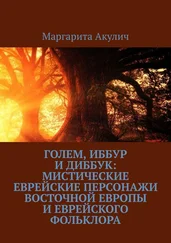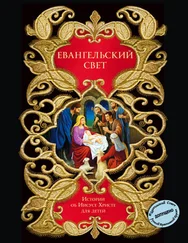Carsten Colpe, "Ho Huios Tou Anthropou," in Theological Dictionary of the New Testament, vol. 8 (Grand Rapids, MI: Eerdmans, 1972), 8:400-477.
Ronald Hendel, "The Exodus in Biblical Memory," in Remembering Abraham (Oxford: Oxford University Press, 2005), 57-75.
Cross, Canaanite, 58. See also David Biale, "The God with Breasts: El Shaddai in the Bible," History of Religions 21, no. 3 (February 1982): 240-56, and Mark S. Smith, The Early History of God: Yahweh and the Other Deities in Ancient Israel, 2 nded. with a foreword by Patrick D. Miller, Biblical Resources Series (Grand Rapids, MI: William B. Eerdmans, 2002), 184.
This explanation of Bacal and YHVH as rivals for the young God spot might be taken to explain better the extreme rivalry between them manifested in the Bible
Smith, Early History of God, 32-33. Cross, in contrast, had argued that YHVH was originally a cultic name for 'El used in the south; YHVH eventually splits off from and then ousts 3E1 (Cross, Canaanite, 71).
A similar explanation, mutatis mutandis, might, just might, help to understand the place of JJokhma, Lady Wisdom, as a virtual consort to God in Proverbs 8 and her connections with Ashera, for which see Smith, Early History of God, 133.
It is here that I part company most decisively with Otto Eissfeldt, "El and Yahweh," Journal of Semitic Studies 1 (1956): 2 5 - 37, and Margaret Barker, The Great Angel: A Study of Israel's Second God (London: SPCK, 1992).
Daniel Abrams, "The Boundaries of Divine Ontology: The Inclusion and Exclusion of Metatron in the Godhead," Harvard Theological Review 87, no. 3 (July 1994): 291-321.
Pace Barker, Great Angel, 40. I thus agree with Emerton's conclusion that "the language used of the Son of man suggests
Yahwe, not the Davidic king." Emerton, "The Origin/' 231.
Seen in this light, it really is a sort of quibble to distinguish between second divinity and highest angel. We need to remember that in antiquity monotheism meant not the sole existence of only one divine being but the absolute supremacy of one to whom all others are subordinate (and this was good Christian theology until Nicaea as well). Fredriksen, "Mandatory Retirement," 35-38, is a concise, excellent presentation of this position .
"Yahoel" appears in the Apocalypse of Abraham (A. D. 70-150), but then as late as 3 Enoch (fourth–fifth centuries), we find "Little Yahu," "Yahoel Yah," and "Yahoel" explicitly given as names for Metatron. Andrei Orlov, "Praxis of the Voice: The Divine Name Traditions in the Apocalypse of Abraham," Journal of Biblical Literature 127 (2008): 53-70, and Philip S. Alexander, "The Historical Setting of the Hebrew Book of Enoch," Journal of Jewish Studies 28 (1977): 163-64.
Collins, Daniel, 281. Collins seems to consider the pattern of religion enshrined in the throne vision as a frozen relic from Israel's past (or even a foreign past): "it has been argued that motifs should not be 'torn out of their living contexts' but 'should be considered against the totality of the phenomenological conception of the works in which such correspondences occur.' Such demands are justified when the intention is to compare the 'patterns of religion' in a myth and a biblical text, but this has never been the issue in the discussion of Daniel 7."
See Daniel Boyarin, "Beyond Judaisms: Metatron and the Divine Polymorphy of Ancient Judaism," Journal for the Study of Judaism in the Persian, Hellenistic, and Roman Periods 41 (July 2010): 323-65.
Andrew Chester, "High Christology—Whence, When and Why?" Early Christianity 2, no. 1 (2011): 22-50.
Given the meaning of the underlying Aramaic word in Daniel, "authority" strikes me as a rather weak rendering; "sovereignty" would be much better. Sovereignty would surely explain why the Son of Man has the power to remit sins on earth.
Cf. Morna Hooker, The Son of Man in Mark: A Study of the Background of the Term "Son of Man" and Its Use in St Mark's Gospel (Montreal: McGill University Press, 1967), 9 0 - 9 1 , who seems to take this (in partial contradiction to her own position earlier) to be significant of a prerogative of "man" in general.
As New Testament scholar F. W. Beare has written, "In the gentile churches, this will not have been a burning question in itself; it will have arisen only as one aspect of the much broader issue of how far the Law of Moses was held to be binding upon Christians. Insofar as the pericope [discrete passage of the narrative] is a community–product, accordingly, it will be regarded as a product of Palestinian Jewish Christianity, not of the Hellenistic churches. The way to understanding will therefore lie through the examination of Jewish traditions and modes of thought." F. W. Beare, " The Sabbath Was Made for Man?' " Journal of Biblical Literature 79, no. 2 (June 1960): 130.
Generally, and this is highly important, New Testament critics have seen w. 27-28 as an addition to an original text that incorporated only the answer regarding David–or the opposite, that only w. 2 7 - 2 8 were original and that the reference to David is a secondary addition. "As Guelich observes (similarly Back, Jesus of Nazareth, 69; Doering, Schabbat, 409), these four suggestions basically boil down to two: (1) either Jesus' argument from the action of David is original, with w. 27-28 being added later in one or two stages, or (2) v. 27 (and possibly v. 28) constituted Jesus' original answer(s), with the story of David being added later." John Paul Meier, "The Historical Jesus and the Plucking of the Grain on the Sabbath," Catholic Biblical Quarterly 66 (2004): 564.
Menahem Kister, "Plucking on the Sabbath and the Jewish- Christian Controversy" [Hebrew], Jerusalem Studies in Jewish Thought 3, no. 3 (1984): 349-66. See also Shemesh, "Shabbat."
John P. Meier has written, "Clearly, then, this Galilean cycle of dispute stories is an intricate piece of literary art and artifice, written by a Christian theologian to advance his overall vision of Jesus as the hidden yet authoritative Messiah, Son of Man, and Son of God. As we begin to examine the fourth of the five stories, the plucking of the grain on the Sabbath, the last thing we should do is treat it like a videotaped replay of a debate among various Palestinian Jews in the year A. D. 28. It is, first of all, a Christian composition promoting Christian theology. To what extent it may also preserve memories of an actual clash between the historical Jesus and Pharisees can be discerned only by analyzing the Christian text we have before us." Meier,"Plucking," 567.1
Cf. the similar but also subtly different conclusion of Collins, Mark: A Commentary, 205. For me, it is not so much the Messiah as king that is at issue but rather the Son of Man as carrier of divinity and divine authority on earth.
This interpretation obviates the apparent non sequitur between w. 27 and 28, pointed to inter alia by Beare," The Sabbath Was Made for Man?' " 130.
Читать дальше
